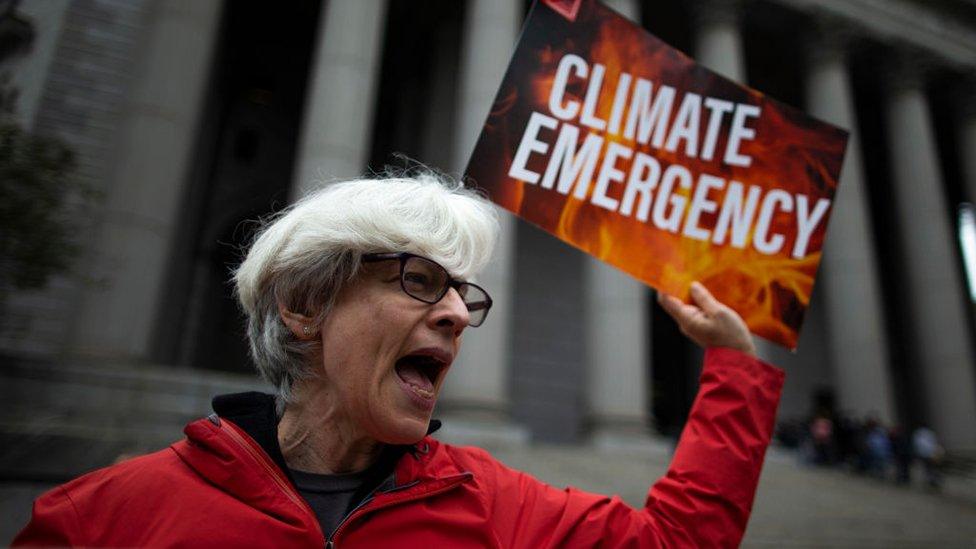Earth Day: Climate change 'will force wildlife to move or adapt'
- Published
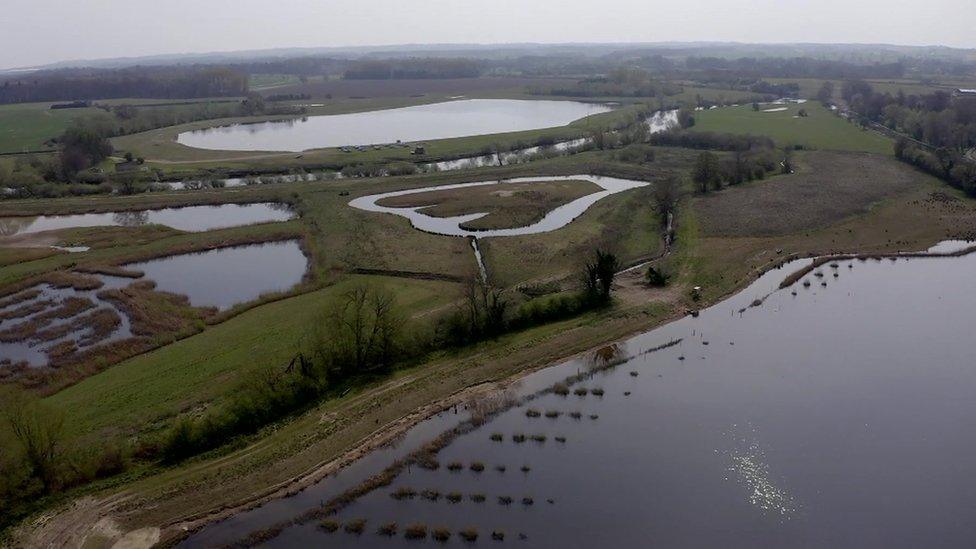
Extreme weather events can prove highly problematic for wetland areas, which increase biodiversity and store carbon
As the impacts of a changing climate around the world become clearer, Yorkshire will not be spared the effects of global warming.
On Monday, the World Meteorological Organisation revealed 2020 was one of the three warmest years on record globally, with the regional picture showing similar patterns.
In the last 50 years or so, average summer temperatures here in Yorkshire have risen by 0.5C. That change will only accelerate without meaningful action.
Changes to weather cycles pose a great threat to the magnificent biodiversity across our historic county, with warnings that wildlife will have to move or adapt.
If global emissions of carbon dioxide continue unchecked, the Met Office projects that summer temperatures may rise by 4.4C by 2080.
In reality, that means average July daytime temperatures in Leeds and Sheffield would approach 26C - currently described as a particularly hot day.
At the same time, summer rainfall could drop by a quarter, so the weather conditions we experienced in summer 2018 - when temperatures soared and we faced a prolonged drought - would become normal.
With a projected increase in winter rainfall, we would experience a climate that regularly swung from one extreme to the other.
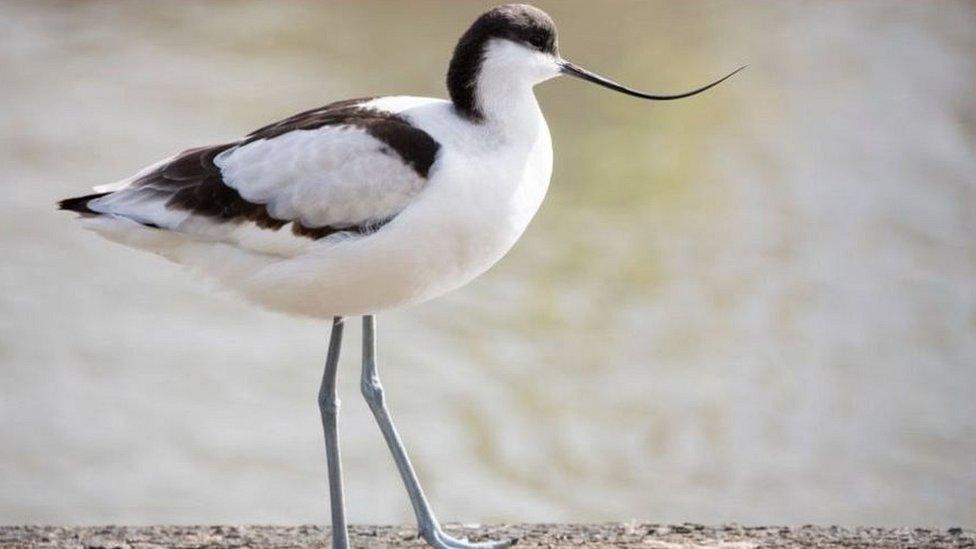
Flood events are hazardous for birds such as avocets, which nest on the ground, with an intense period of rainfall potentially ending breeding attempts for the year
Such extreme swings would prove disastrous for thriving homes of birds and other wildlife, such as Ripon City Wetlands in North Yorkshire, which also acts as an important store of carbon.
"It means a lot of the plants and other wildlife that really need these wet conditions will suffer and we could lose them," says Jonathan Leadley from the Yorkshire Wildlife Trust.
"We could see those species at the southerly end of their range here being pushed out of counties such as Yorkshire."
The wetlands have recently seen certain bird and dragonfly species breeding in Yorkshire for the first time ever, but this changing picture is a symptom of a dangerous trend.
"We mustn't forget that climate crisis is what's bringing those southern species into the UK," Mr Leadley says.
BBC Reality Check explains how to cut your carbon footprint
If we focus on the city of Sheffield, February 2019 was the hottest on record, with the following February the wettest.
The three wettest autumns on the city's climate log - which has been monitoring conditions since 1882 - have been recorded in the last 20 years.
And the hottest temperature ever recorded in the city was in July 2019 - a scorching 35C.
With changes to our climate expected to accelerate as emissions of greenhouse gases continue to rise, it's understandable why there's so much alarm at what the future may hold.
Back in Ripon, these high temperatures will spell disaster for its inhabitants and its ability to capture carbon.
"If you're a plant or an animal that lives in a wetland, a summer drought can be quite catastrophic because the wet conditions that you thrive in are gone," Mr Leadley says.
"The wildlife will have to move or adapt somehow."

Follow BBC Yorkshire on Facebook, external, Twitter, external and Instagram, external. Send your story ideas to yorkslincs.news@bbc.co.uk, external.
- Published20 April 2021
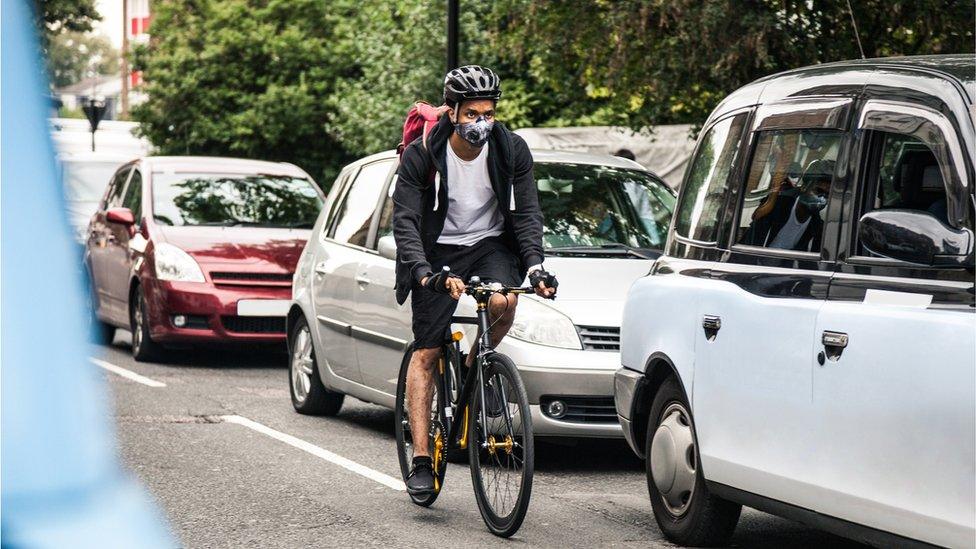
- Published20 April 2021
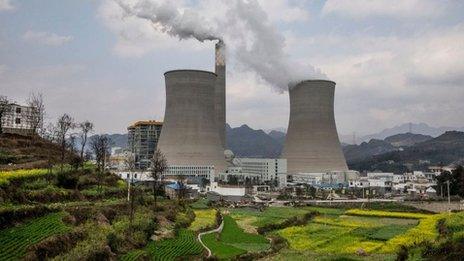
- Published20 April 2021
